A five-judge constitution bench headed by Chief Justice DY Chandrachud today commenced hearing a batch of pleas challenging the Centre's August 5, 2019 decision to abrogate Article 370, a move that had come in for vicious attack by some major opposition parties but earned fulsome praise from those supporting the BJP. But who can recommend the revocation of Article 370 in Jammu and Kashmir when no constituent assembly exists there? The Supreme Court Wednesday put this question to the petitioners who have challenged the abrogation of the constitutional provision that bestowed special status on the erstwhile state.
The constitutional bench, also comprising Justices Sanjay Kishan Kaul, Sanjiv Khanna, BR Gavai and Surya Kant asked senior advocate Kapil Sibal, the lead counsel for the petitioners, as to how can a provision (Article 370), which was specifically mentioned as a temporary provision in the Constitution, become permanent after the tenure of the Jammu and Kashmir constituent assembly came to an end in 1957.
The top court referred to proviso 3 of Article 370 which says, "Notwithstanding anything in the foregoing provisions of this article, the President may, by public notification, declare that this article shall cease to be operative or shall be operative only with such exceptions and modifications and from such date as he may specify: Provided that the recommendation of the Constituent Assembly of the State referred to in clause (2) shall be necessary before the President issues such a notification."
The CJI asked Sibal, "What happens when the tenure of constituent assembly comes to an end? No constituent assembly can have an indefinite life. The proviso to clause (3) of Article 370 refers to the recommendation of the constituent assembly of the state, and it says before President issues a notification the recommendation of the constituent assembly is required. But the question is what would happen when the constituent assembly ceases to exist?"
Kapil Sibal responded, saying it was precisely their point and their whole case is about how the president cannot issue any notification revoking Article 370 without the recommendation of the constituent assembly. Justice Gavai interjected and asked the senior lawyer whether the argument being made is that nothing could have been done about Article 370 after 1957 when the tenure of the Jammu and Kashmir constituent assembly came to an end.
Sr Adv Kapil Sibal said the court is currently interpreting a constitutional provision and it is not here to legitimise the process which is unknown to the Constitution. The hearing will resume shortly as the court has foxed the case on daily hearing mode.







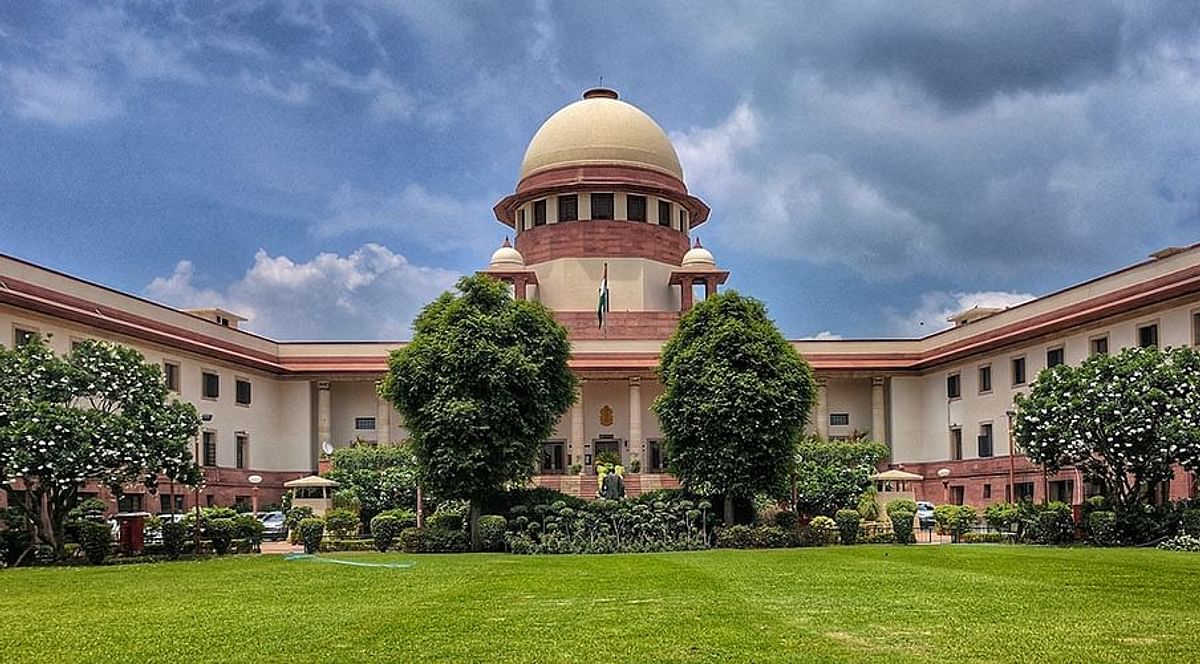
 OpinionExpress.In
OpinionExpress.In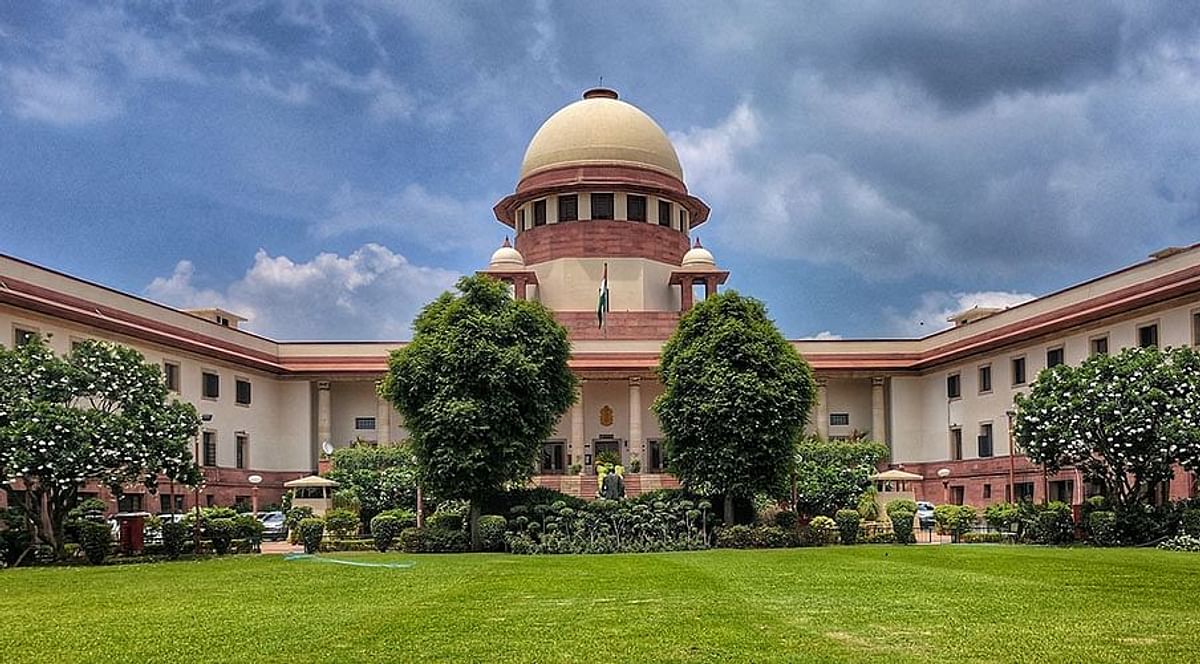
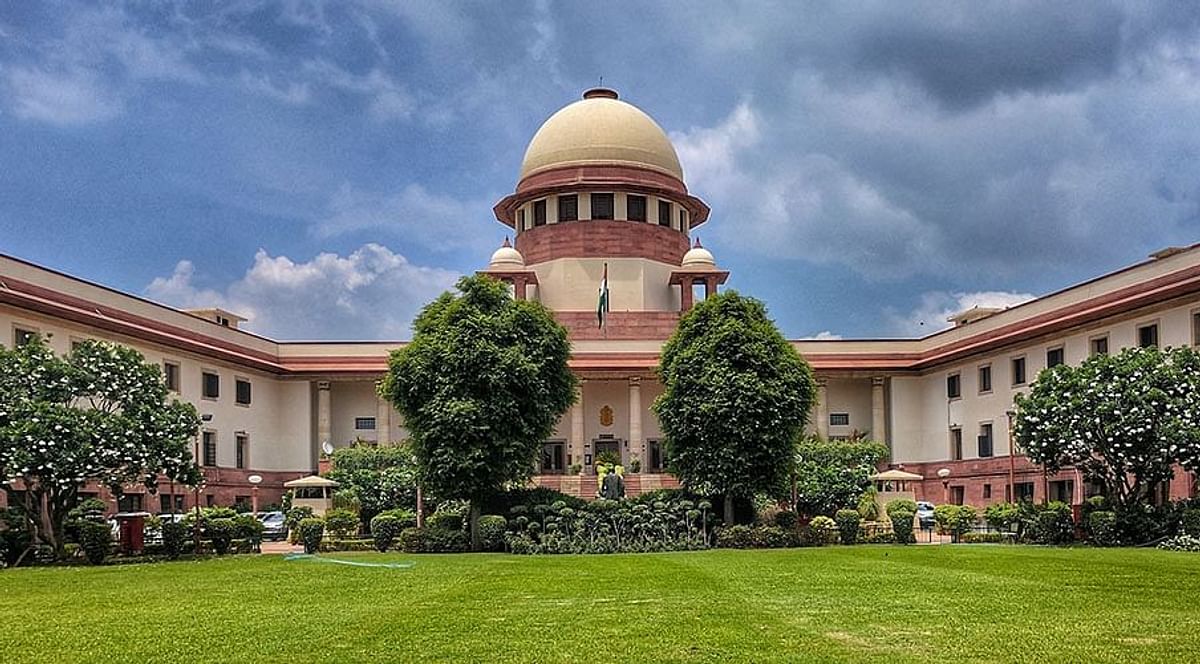
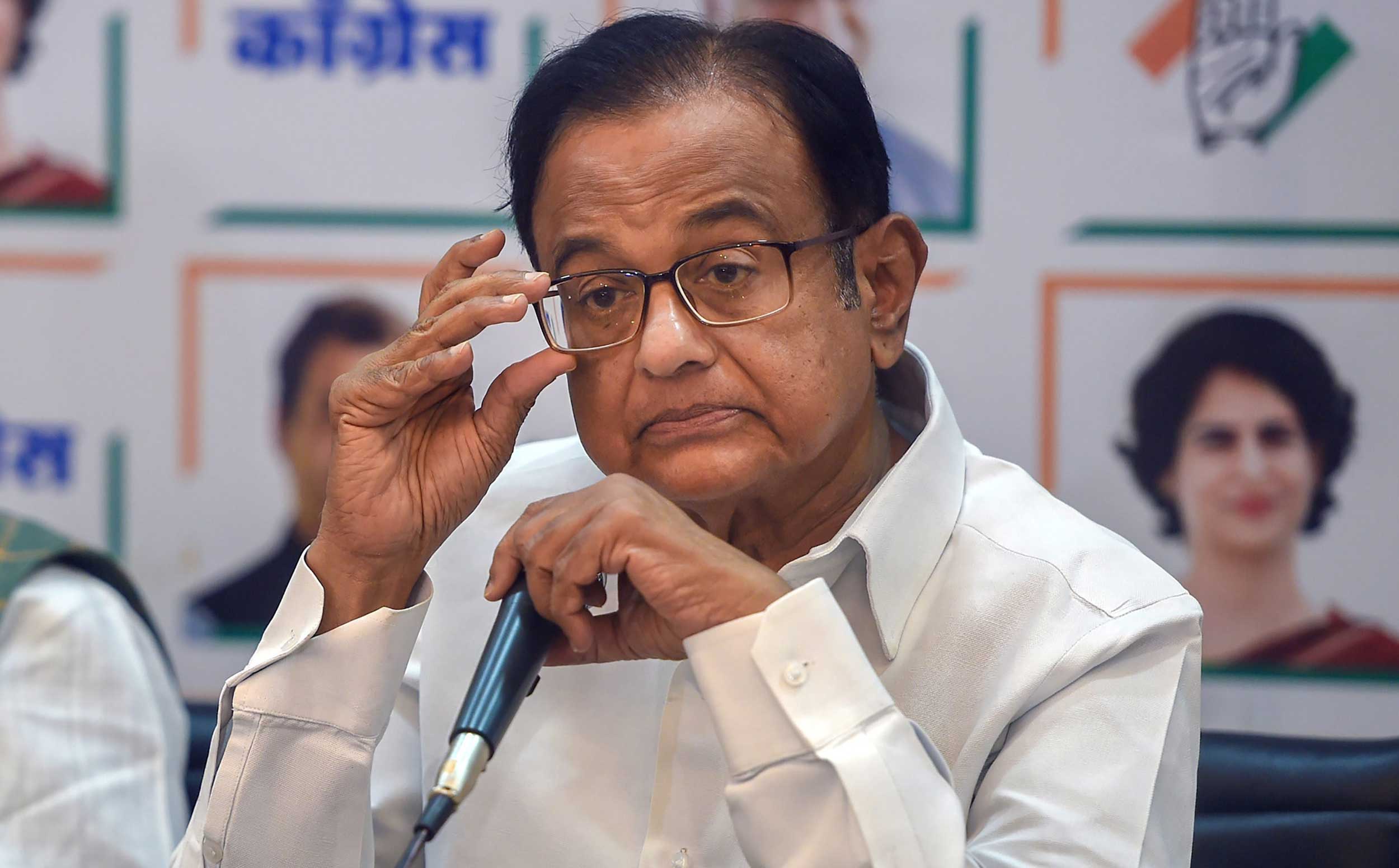
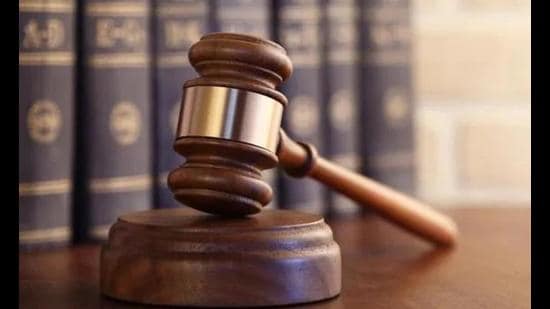
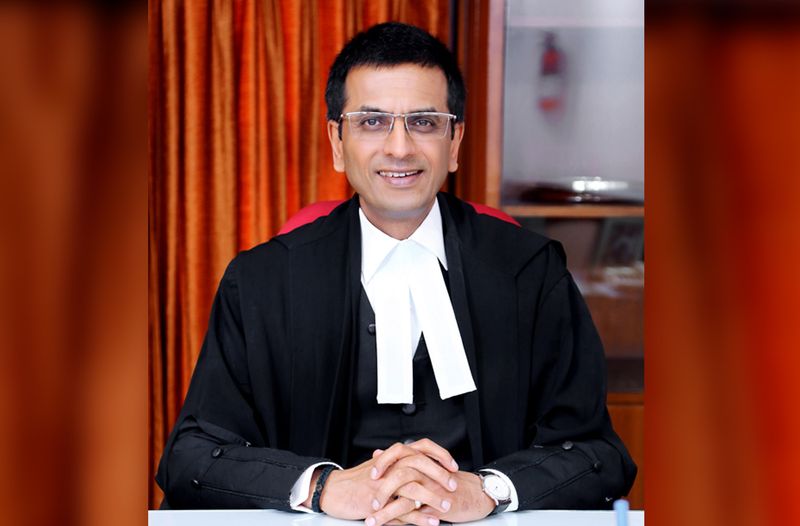
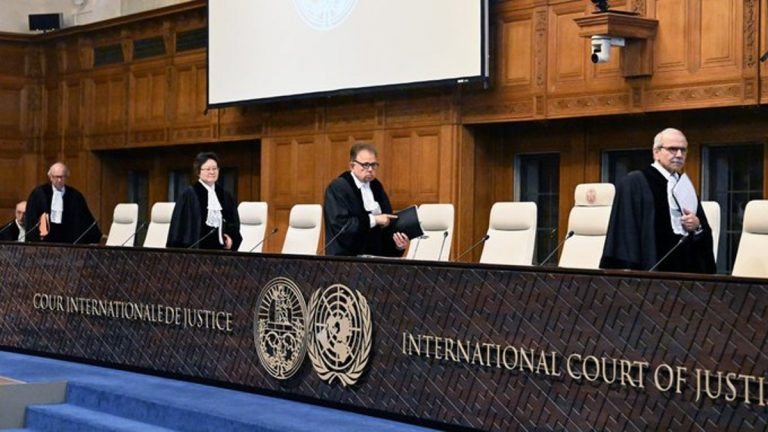
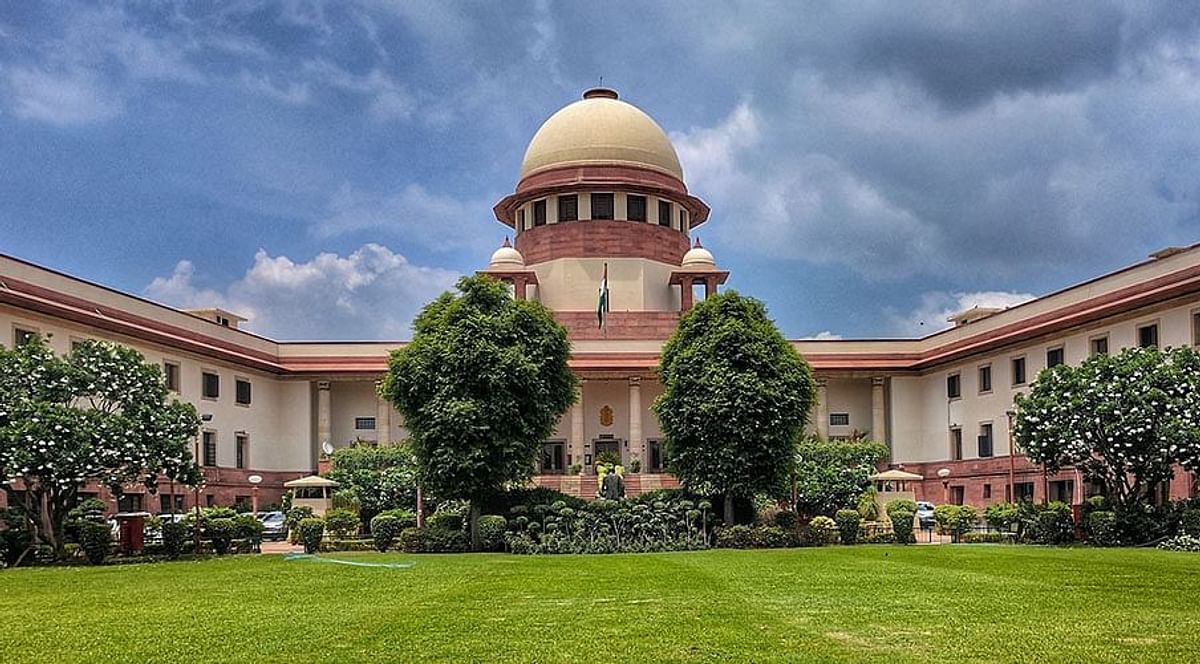
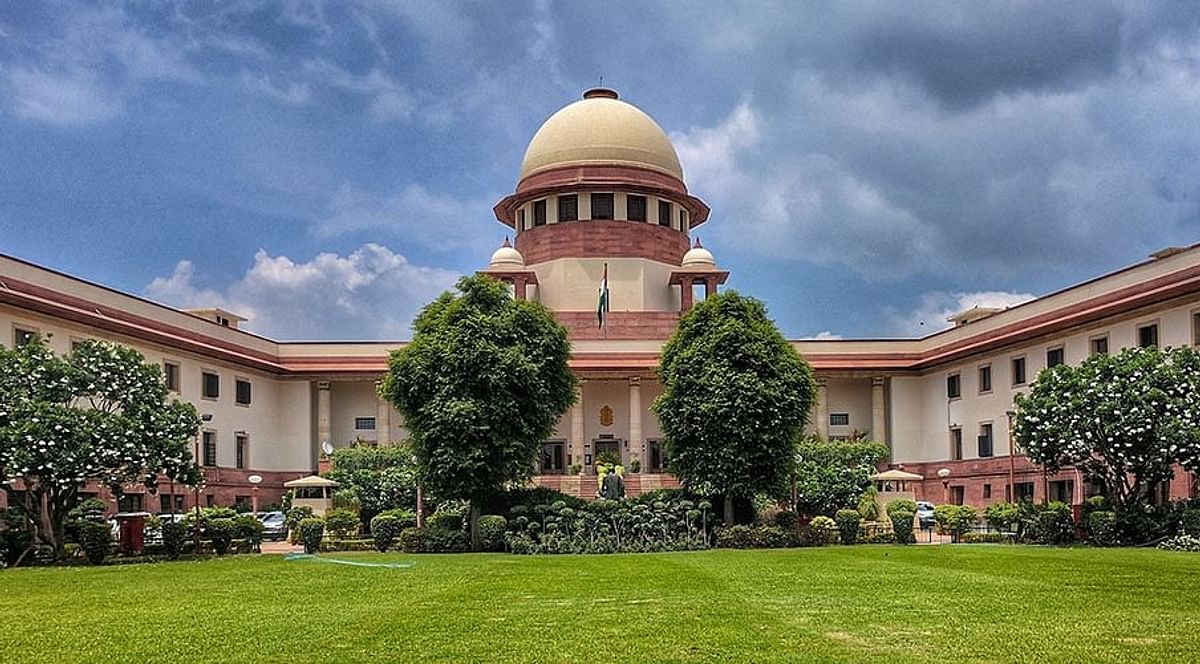
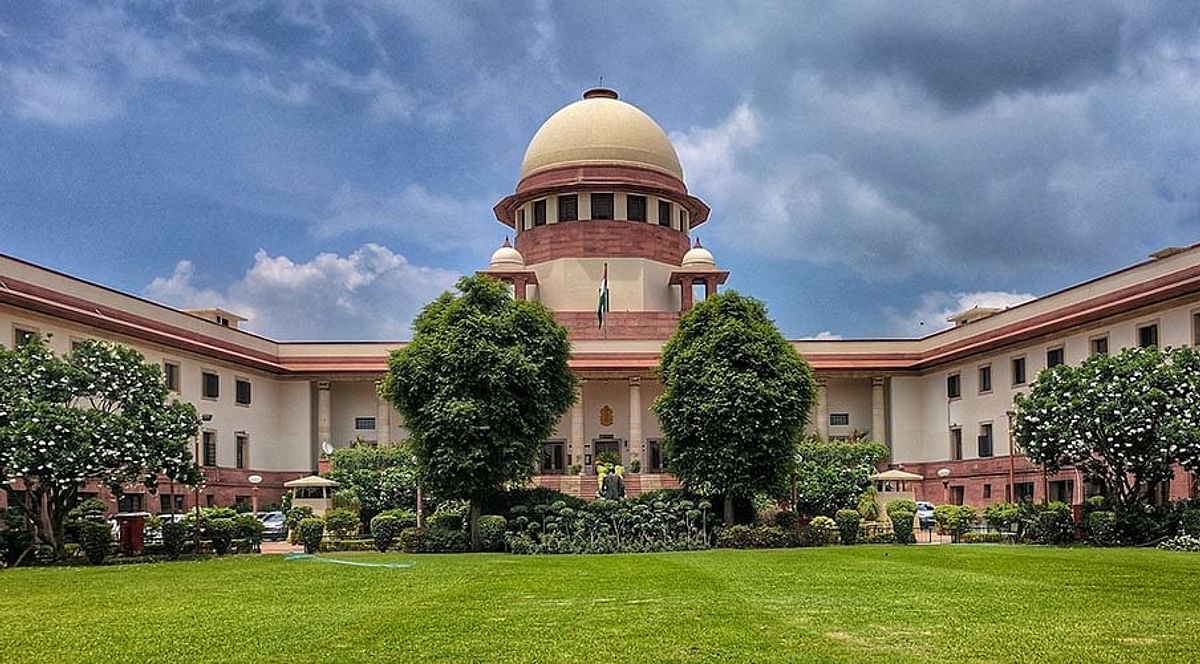
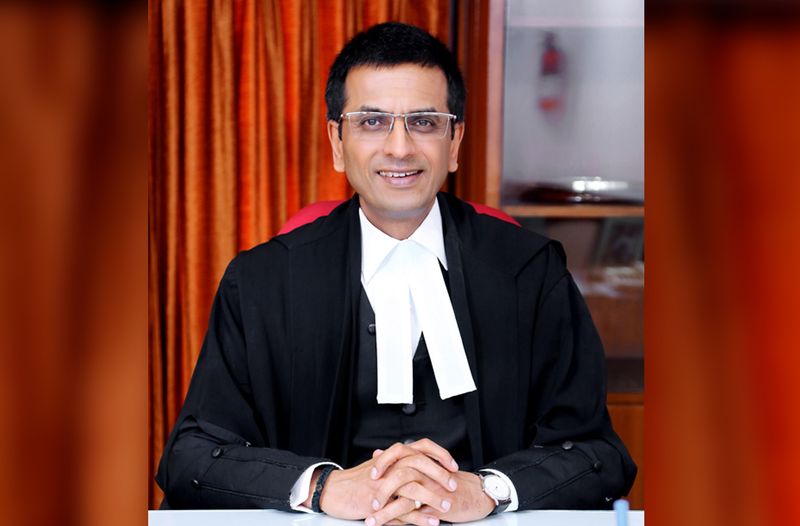






Comments (0)